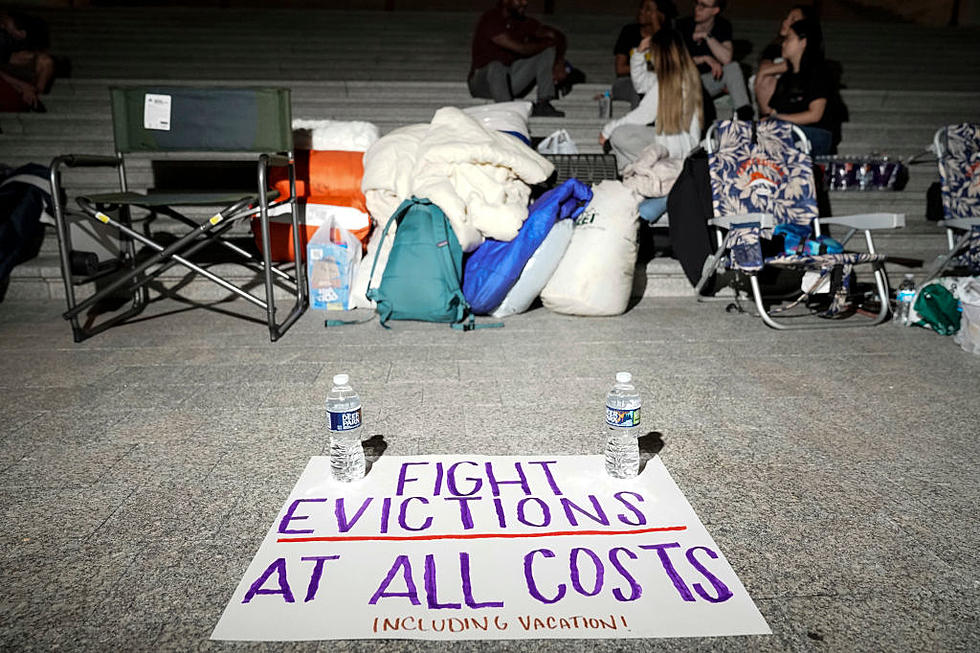161 Years Ago Today: US Supreme Court Issues Dred Scott Decision
In what many people call the most infamous decision by the Supreme Court of the United States, on March 6, 1857 the Court ruled 7-2 that Dred Scott (along with his wife and 2 children) did not have the right to be free of slavery, even though they lived in a free State and the courts at the time operated under the concept of once free, always free.
Chief Justice Roger B. Taney wrote in the majority opinion:
In the opinion of the court, the legislation and histories of the times, and the language used in the Declaration of Independence, show that neither the class of persons who had been imported as slaves nor their descendants, whether they had become free or not, were then acknowledged as a part of the people, nor intended to be included in the general words used in that memorable instrument.
It is difficult at this day to realize the state of public opinion in relation to that unfortunate race which prevailed in the civilized and enlightened portions of the world at the time of the Declaration of Independence and when the Constitution of the United States was framed and adopted. But the public history of every European nation displays it in a manner too plain to be mistaken.
They had for more than a century before been regarded as beings of an inferior order, and altogether unfit to associate with the white race either in social or political relations, and so far inferior that they had no rights which the white man was bound to respect, and that the negro might justly and lawfully be reduced to slavery for his benefit...
At the time, this had the potential to make slavery legal across the entire United States. This is due to the fact that the Supreme Court ruled that the Federal Government had no right to prohibit slavery under the Constitution and that all African Americans could be considered property. Many in the South believed this decision would finally settle the slavery question, while many in the North were outraged. This decision, among many other things, also had a role in shaping the Presidential Election of 1860.
More From 93.7 WBLK









